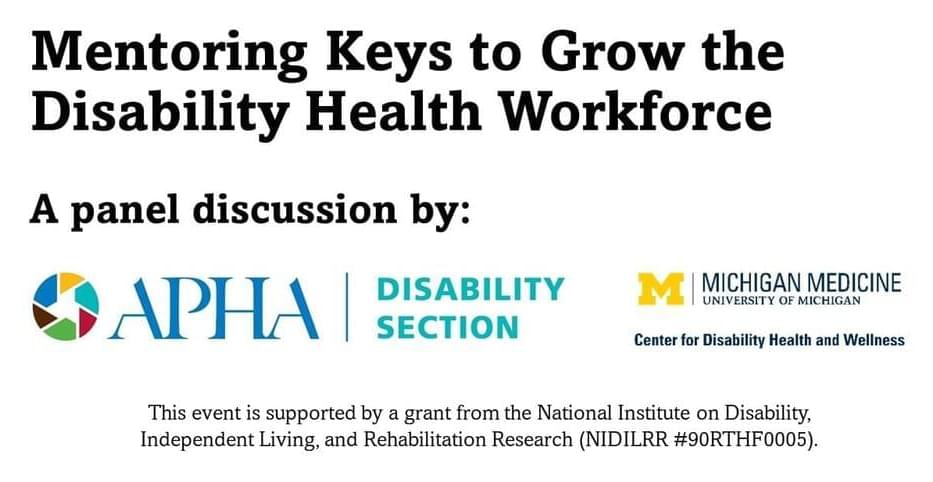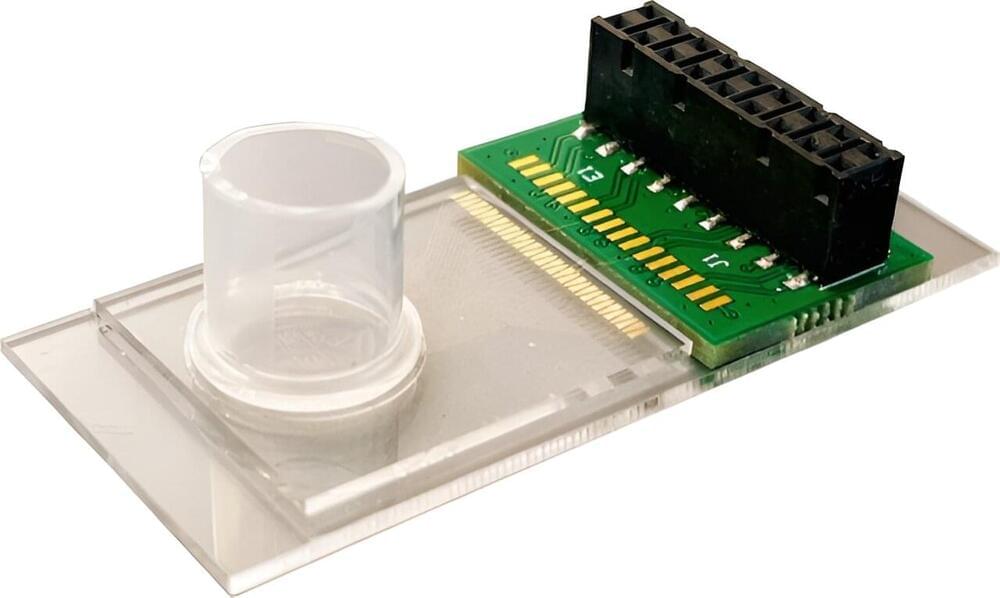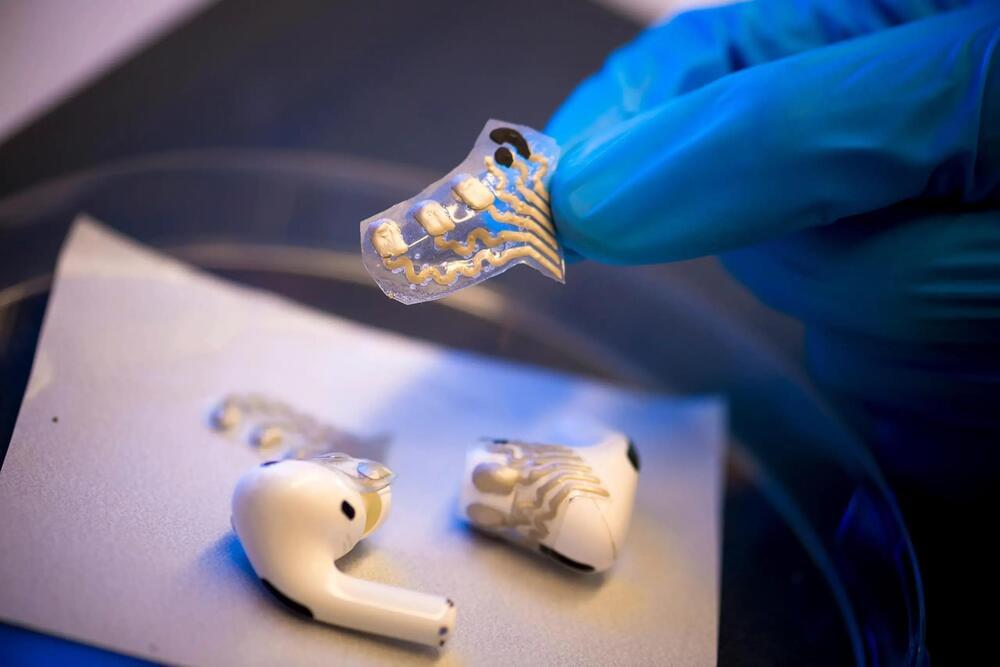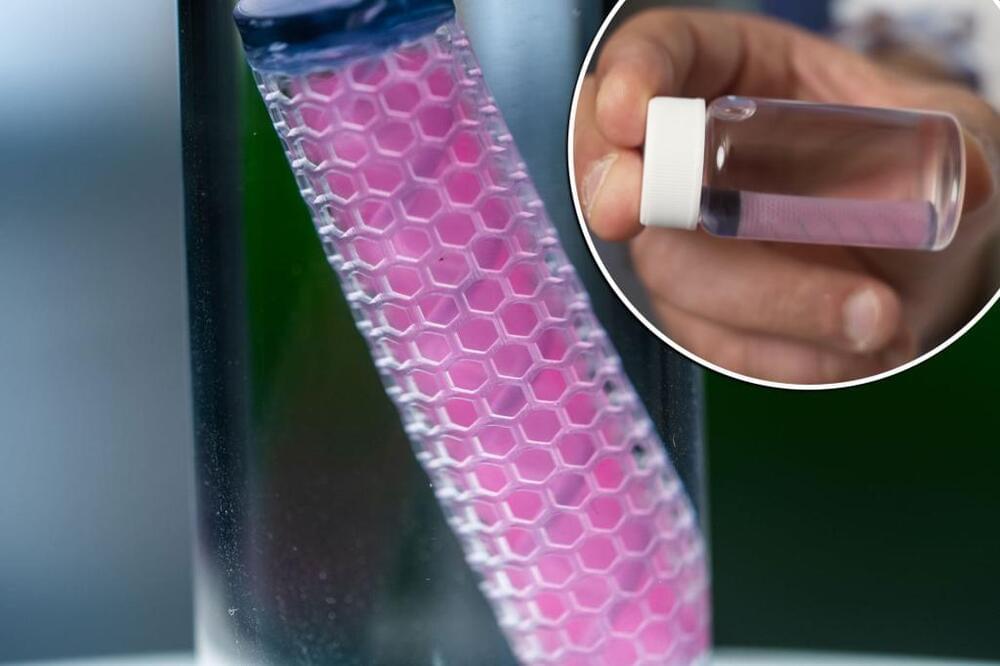
Researchers at Baylor College of Medicine and Rice University received a grant for more than $3.9 million over five years from the National Institutes of Health’s Office of Research Infrastructure Programs to establish the Baylor/Rice Genome Editing Testing Center (GETC). The new center will assist investigators from across the country with somatic cell genome editing experiments in mouse models.
Somatic cell genome editing, the ability to edit DNA within the body’s non-reproductive cells, is a promising potential treatment for the most severe human diseases. Over the last decade, significant effort has gone into developing more effective genome editing systems and methods of delivery to specific cells and organs. However, many of these new technologies do not progress to use in humans because there is insufficient evidence from animal models supporting their effectiveness.
“Our center will provide mouse model resources and genome editing testing pipelines to researchers who are developing new genome editing and delivery technologies but need assistance with conducting preclinical animal studies,” said Dr. Jason Heaney, co-principal investigator and associate professor of molecular and human genetics at Baylor. “Our goal is to help generate the animal model data needed to demonstrate the therapeutic potential of these cutting-edge technologies.”

















